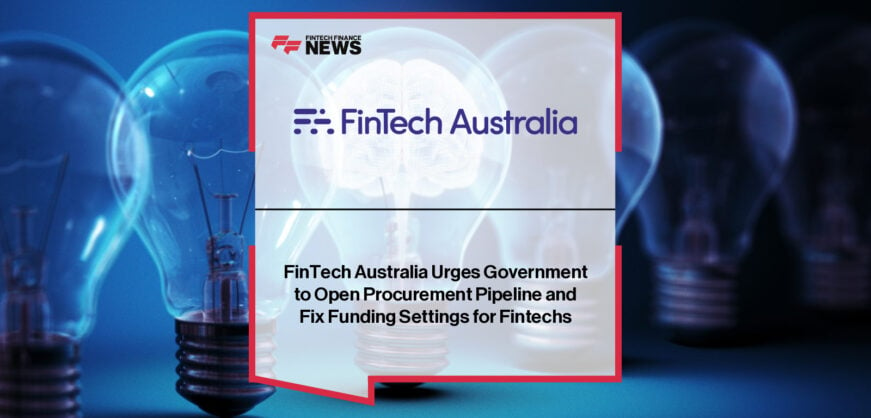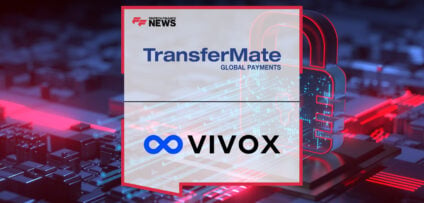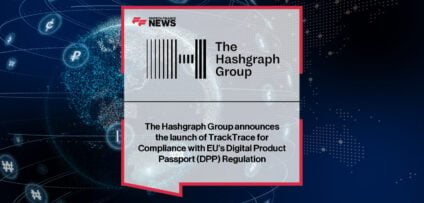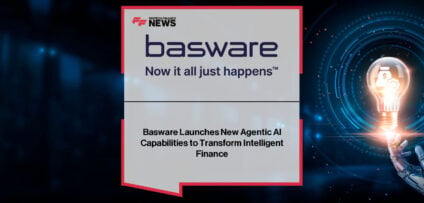Breaking News

How is fintech catching up to taxes?
Financial technologies have managed to penetrate almost every single sector of the financial industry. However, no matter how much developers, engineers, and financial experts try, they simply cannot make the ultimate tool to help people file their taxes on an automatic baseline.
However, please consider that this is mostly referring to the taxing system in the United States. In almost every other country, due taxes are calculated on their own. The only thing citizens need to do is simply pay the amount shown on the screen or an envelope they’d receive in the mail.
In the United States though, taxes are supposed to be calculated by the citizens themselves. It’s an overly complicated system that takes quite a lot of time away from people. It’s also very disheartening knowing that one small mistake and you either face a huge fine or even jail time.
The government always knows how much you have to pay in tax, but it never actually discloses this information. You have to figure it out yourself. Many people say that it’s like homework that you can’t possibly avoid. And to be honest, sitting in one’s 30s or 40s and doing homework is most likely not something desirable.
How is fintech helping with this?
Due to the fact that the financial “revolution” started not too long ago, most people in the United States still prefer to file their taxes by hand. Reasons range from being unaware of how to use the technology designed for helping with this to simply already using the government-issued software.
Naturally, the government found a market niche and a demand for such software and created its own. However, the fact that people had to pay the government to get software that would make their future government payments easy is a bit of a slap in the face. Because of this, most Americans have been in search of new tax filing software for years.
The private sector saw an amazing opportunity surrounding these issues, and numerous local tax filing services started popping up all over the country. Needless to say, they all found success almost immediately as customers quickly switched from the government-backed platforms to privately held ones. The introduction of competition to the market enabled the growth for value, meaning that the importance of speed was replaced by the importance of comfort.
These local tax filing services had to face some issues as well. One of which was servicing a not so tech-savvy customer base. But the issue was handled remarkably well as these companies started providing much more accurate guidance through the process.
Including the blockchain
Like everything else in fintech nowadays, developers and engineers have once again included blockchain in their plans to innovate the industry. Most of the reason falls onto the primary attributes of this technology, which pretty much guarantee that the privacy and identity of the users are protected.
The most effective strategy for these companies was a free trial. Customers would be given a 2-month free trial to file their taxes and guarantee their privacy. Most were quite happy with the outcome. They didn’t have to go to the company’s office, and all of the data gathering software was already paired up with their bank accounts and whatnot. The only thing that remained an issue was cash payment.
To this day, neither the government nor a bank has the ability to find out whether one of their customers was paid in cash unless they make a direct deposit out of nowhere.
Why governments are pushing for a cashless society
The fact that governments cannot track cash payments is one of the reasons why may countries all over the world are favoring their citizens making payments through online or digital methods. Be this via credit/debit card or digital wallet.
The main focus is that this information can be tracked, meaning that nobody could avoid taxes anymore.
Sure, there’s also the case with making money-printing activities a lot less costly and destructive, but the main idea still falls on making tax tracking more efficient.
This is one of the reasons why the blockchain was created or is being popularized today. People understand that there will soon be a time where cash is simply non-existent. Might as well use a form of currency that cannot be tracked, right?
But the idea is still in the works. Fintech has unfortunately not tapped into the tax sector completely yet, and most probably won’t in the nearest future. Why? Because it’s in the government’s best interest to keep their software as the most popular choice for the citizens, thus keeping the cashflow untouched.
- FinTech Australia Urges Government to Open Procurement Pipeline and Fix Funding Settings for Fintechs Read more
- TransUnion CIBIL and State Bank of India’s YONO App Collaborate to Integrate CIBIL Score and Report Into Everyday Digital Banking Read more
- Google on Building Secure Foundations for Fintech Growth Read more
- Tabadulat & Minted Connect Sign Strategic Collaboration to Enable Shariah-Compliant Gold-Backed Investments Read more
- TransferMate Completes Global Rollout of Vivox AI’s Next Generation KYB Automation Read more










